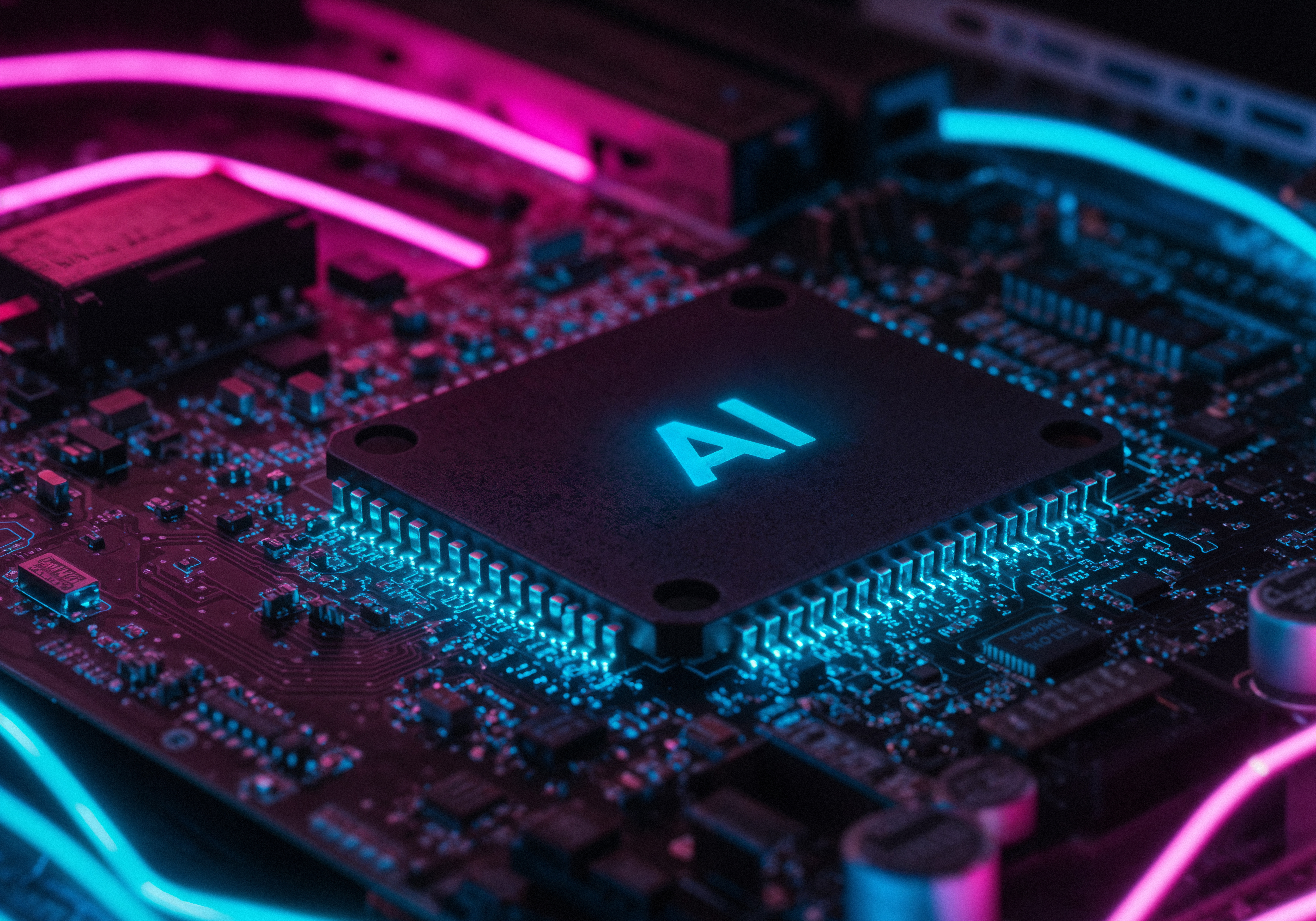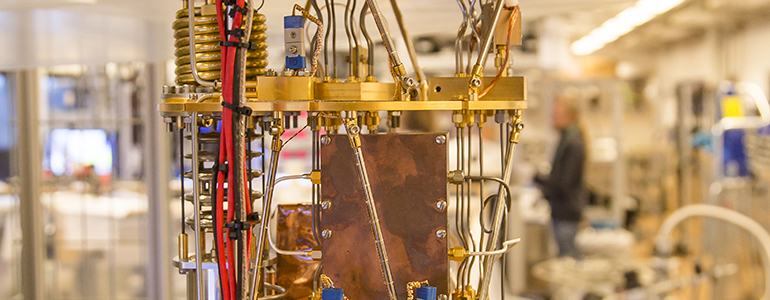During a special hearing, the EU Parliament Trade Committee scrutinised the US-EU ‘Framework on an Agreement on Reciprocal, Fair, and Balanced Trade’, from July 2025. Brussels expected that the deal would put an end to the transatlantic ‘tariff war’, but members of the European Parliament (MEPs) criticised the allegedly lopsided nature of the proposed agreement. Among other things, they argued that it would endanger Europe’s pursuit of strategic autonomy.
Their perception has been strengthened by post-agreement declarations from US President, Donald Trump, who threatened to impose tariffs and export controls on countries whose taxes, rules or laws on tech companies “discriminate” against the US. This indicates that, from the US perspective, the agreement does not seem to put an end to the quarrel over European regulation.
Central to the deal is a 15% tariff ceiling on most EU exports to the US – such as cars, semiconductors, and pharmaceuticals – replacing a patchwork of higher and less predictable duties. Without an agreement, the EU was set to get a tariff level of 30%, plus the ordinary Most-Favoured Nation (MFN) tariff level in place before Trump.
Alongside that, other commitments touch directly on the EU digital policy agenda. The European Union pledged to buy $40 billion worth of American AI chips for its computing centres (while blocking any leakage of semiconductors to ‘destinations of concern’), to engage in closer coordination with the US in technical standards, and to cooperate on economic security by, for example, coordinating on export controls to enhance supply chain resilience.
The European Commission needs to have a majority in the Parliament to be able to enact the US-EU deal, raising uncertainty about the future of the Framework. Among MEPs, the digital sovereignty agenda is gaining strength. This week, S&D – the second largest political group in the EU Parliament – sponsored the launch of the policy brief ‘A progressive roadmap for strengthening Europe’s digital sovereignty’, by Cecilia Rikap, in a display of the growing support for strengthening Europe’s autonomy in this area.
MEPs also expressed concern that the US-EU deal may violate the laws of the World Trade Organization (WTO). The US is raising tariffs beyond its WTO commitments, while the EU is offering tariff cuts that discriminate against its other international partners, violating the Most-Favoured Nation principle.
In spite of the resistance, MEPs are expected to propose amendments to the text of the deal, rather than halting the agreement.










